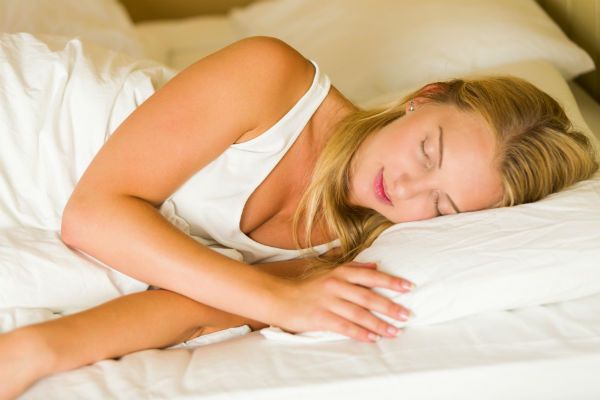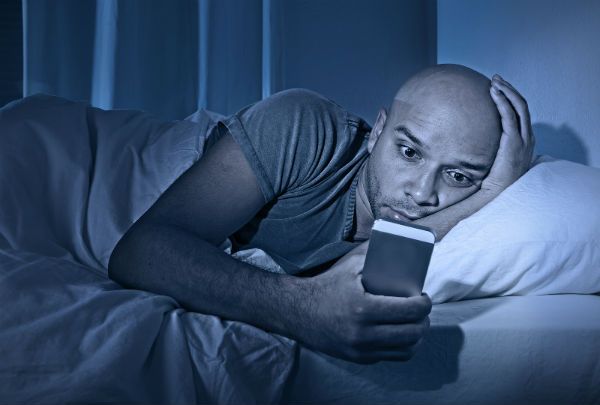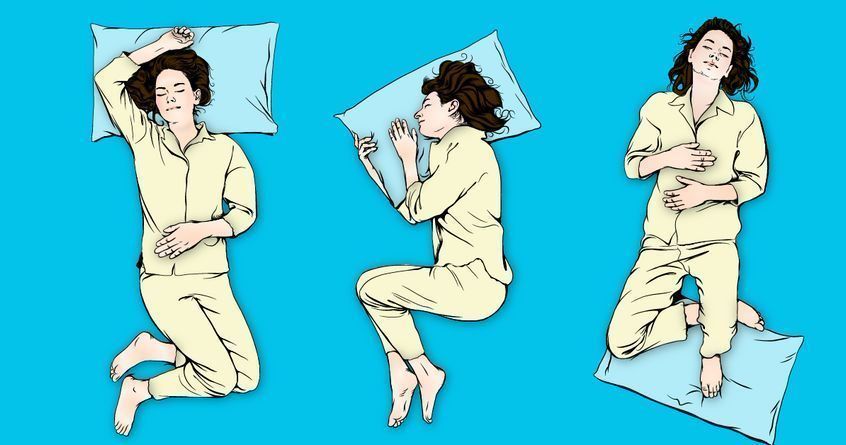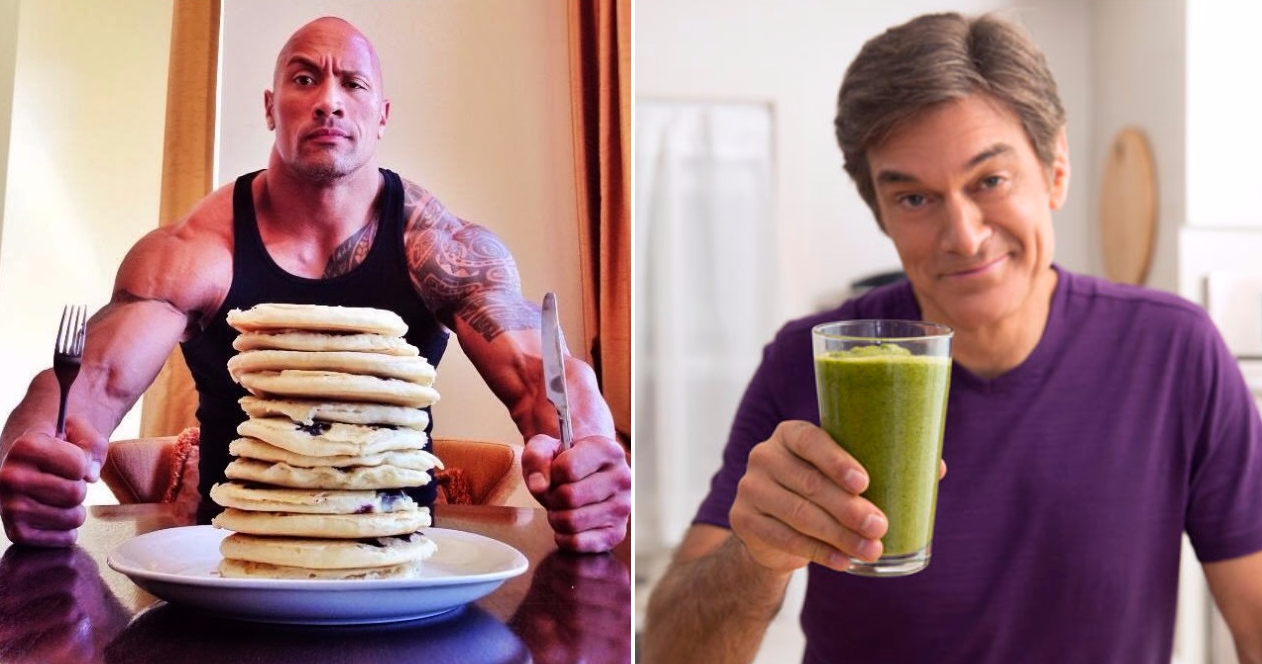Lately I have been playing an interesting game with myself: I go to sleep earlier and earlier, trying to find how long I have to lie in bed until I actually feel well-rested.
I haven't found the answer yet, but I've definitely noticed a change in my mood and wakefulness since I started hitting the hay earlier each night.
When I finally checked how many hours sleep experts recommend for a good night's rest, I understood why.
It turns out almost no one is getting enough shut-eye.
How much sleep does the average person need?

The amount of sleep you need - like the amount of food and water your body needs - is different from one person to the next.
Your age, height, sex, and medical history will shape your sleep pattern.
But as a rule, experts say people are consistently getting less sleep than they need.
Here's a chart of recommended sleeping hours by the UK's Sleep Council, which is very similar to a chart by America's National Sleep Foundation:
- 1-12 months old: 14-15 hours
- 1-3 years old: 12-14 hours
- 3-6 years old: 10-12 hours
- 7-12 years old: 10-11 hours
- 12-18 years old: 8-9 hours
- 18-65 years old: 7-9 hours
- 65 years old and up: 7-8 hours
Am I getting enough sleep?
Even if you're not getting the recommended amount of sleep for your age bracket, it's possible your sleep schedule is healthy.
The key is to identify if you're noticing any of the health symptoms of sleep deprivation, which are more common than you think.
What happens to your body when you don't get enough sleep?
We've all woken up on the wrong side of the bed, and spent the day feeling grump after tossing and turning all night.
But there are other chronic signs that you're not sleeping enough, which most people overlook.
A lack of sleep impacts everything from your blood pressure, cholesterol and blood sugar levels, to your vision.
And feeling "cranky" should be the least of your concerns.
Sleep removes chemicals that damage our brain, so skipping it regularly can impact your memory and affect your mental health.
As if all that wasn't bad enough, losing sleep can also create a hormone imbalance that leads to weight gain.
How can I get more sleep?
There are a number of healthy and natural ways to get more rest, but first it's important to check if a condition is keeping you up at night.
If chronic pain or another medical condition is ruining your sleep, ask your doctor about sleep aids or treatments.
You should also consult a sleep specialist if you notice the signs of sleep apnea.
But if you just find yourself watching TV all night or tossing and turning, your sleep solution might be much simpler.
Easy ways to fall asleep fast
First, eliminate any distractions in bed.
You should only head to bed when you're feeling tired, so if you like to watch TV or read before sleeping, do it in another room or a chair.

Be extra careful to avoid blue light, made by cell phones and computer screens, before lying down to sleep.
This kind of light has been proven to disrupt your sleep schedule.
Don't focus on tracking your sleep using an app or a journal. Studies reveal that this will only make you more anxious about your insomnia.
Try to avoid even looking at a clock when you're lying awake at night: you should be thinking of getting to sleep, not worrying about how late it is.
Get creative
If there's something that puts you to sleep right away, make it part of your routine every night.
Many people find a rotating fan helps them sleep - maybe because a better-ventilated room with fresh oxygen is more relaxing for our bodies.
You can get the same effect by leaving your door open at night.
What's your nightly sleep routine? Do you get the recommended number of hours each night?


